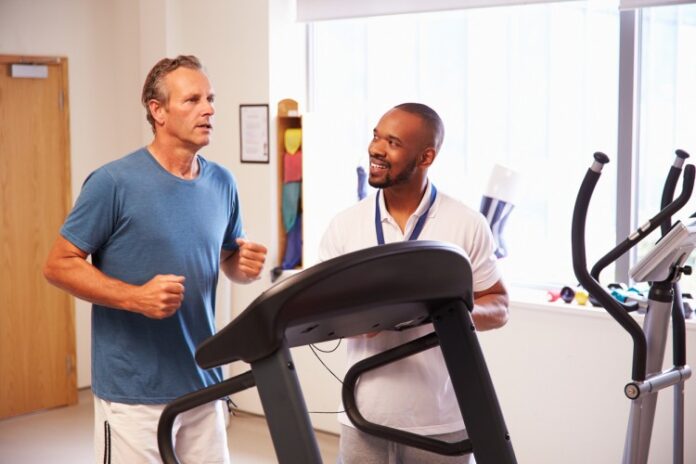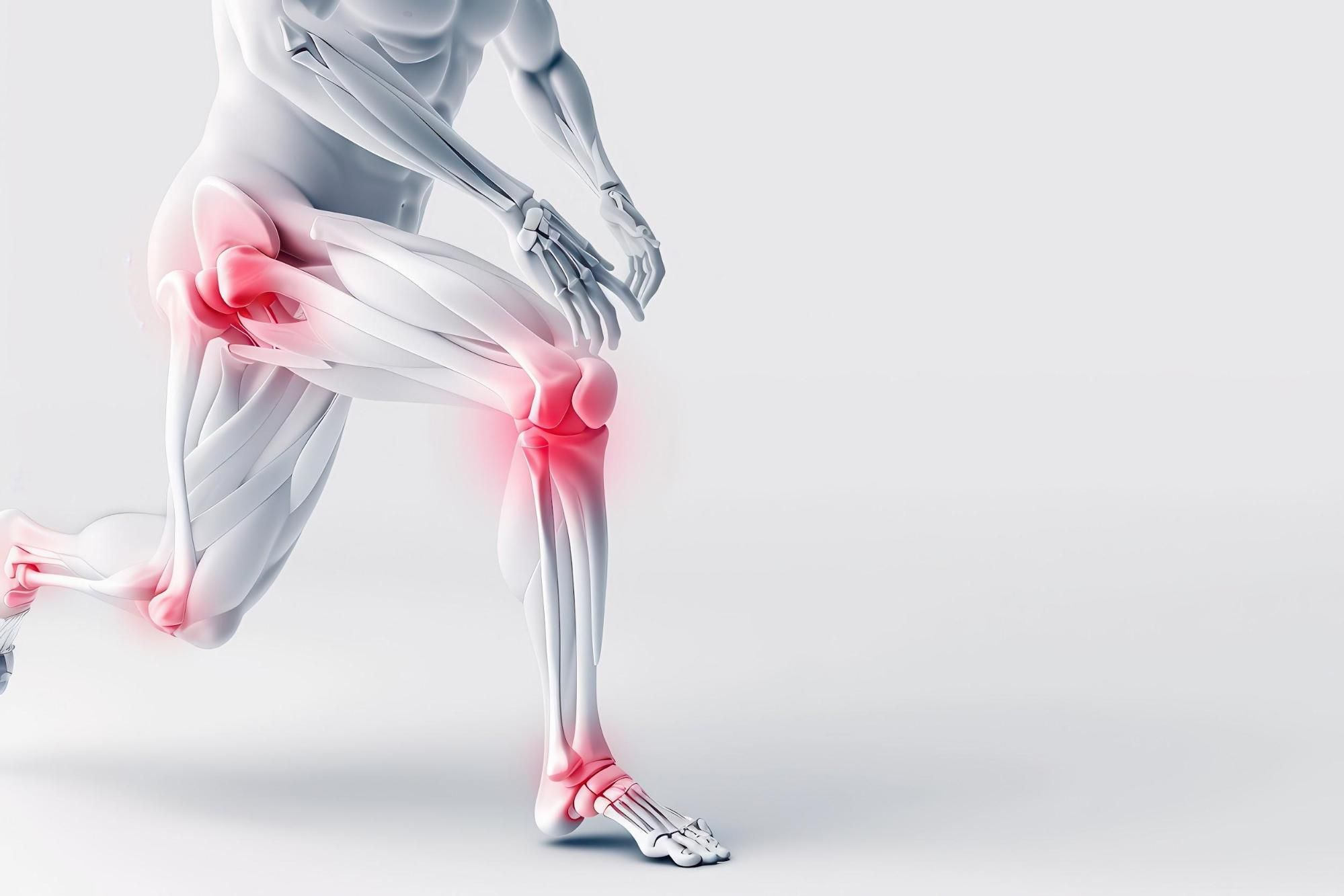Have you ever found yourself slogging through workouts, feeling like you’re not getting anywhere? Maybe you’re struggling to shake those stubborn pounds or feel like you’re constantly hitting a plateau. Countless fitness enthusiasts experience these frustrations, unaware that there’s a science-backed solution that can revolutionize their approach to exercise.
Enter the fascinating world of exercise physiology—the secret weapon your personal trainer might not be fully utilizing. But what exactly is exercise physiology, and why should you care? This article will help you discover how this field of study can transform your workouts from a guessing game into a strategic, results-driven journey. Read on.
Understanding Exercise Physiology

Exercise physiology delves into the inner workings of your heart, lungs, muscles, and even your brain during physical activity. It explores how these systems interact, how they adapt over time, and how different types of exercise elicit unique responses from your body. For instance, a facility like Active Ability specializes in assessing your current fitness level, which is a crucial first step in designing a program that’s right for you.
Moreover, exercise physiology reveals the secrets of different energy systems. Understanding these systems allows you to structure your workouts strategically, whether you’re aiming for explosive power or long-lasting endurance. In essence, it equips you with the knowledge to work in harmony with your body, maximizing results while minimizing the risk of injury.
Here’s how it can enhance your fitness routine:
Tailor Workouts to Individual Needs
We each have a unique blend of genetics, body types, fitness levels, and goals. What works wonders for your friend might not work for you. Exercise physiology recognizes this, providing the tools to tailor fitness plans that cater to your specific needs and aspirations.
By understanding how your body uniquely responds to exercise, you can wave goodbye to generic routines and embrace a program that maximizes your results while minimizing the risk of injury. It starts with a comprehensive assessment. The specialists take the time to listen to your goals, whether it’s shedding a few pounds, conquering a marathon, or simply feeling more energized in your daily life.
Armed with this information, exercise physiologists create a program tailored to you. They consider your strengths, weaknesses, and preferences, ensuring your workouts are challenging and enjoyable. As you progress, your plan evolves with you. Exercise physiologists track your improvements, adjust exercises as needed, and ensure you’re continually challenged without risking burnout or injury.
Optimize Performance and Efficiency

The idea of training smarter, not harder, is incredibly appealing. That’s where exercise physiology steps in like a seasoned coach, revealing the secrets to optimizing your performance and making every drop of sweat count. One of the key principles of exercise physiology is periodization. This fancy word means strategically cycling through different phases of training – like strength, endurance, and power – to prevent plateaus and overtraining.
Whether you’re into weightlifting, swimming, or yoga, exercise physiology can help you optimize your training for any activity. It’s about understanding how your body adapts to different types of stress and using that knowledge to create a workout plan that delivers maximum results. In essence, it’s about understanding how your body functions, how it adapts to training, and how to leverage that knowledge to achieve your fitness goals.
Prevent Injuries and Aide Recovery
Injuries are the ultimate buzzkill when it comes to fitness. They can sideline you for weeks, months, or even longer, derailing your progress and sapping your motivation. Exercise physiology can be your secret weapon for injury prevention and recovery. They can help you avoid breakdowns and keep you running smoothly by analyzing your movement patterns, identifying potential weaknesses, and understanding your body’s limits.
One way exercise physiology prevents injuries is by emphasizing proper technique. Exercise physiologists can break down complex movements, teach you the correct form, and even recommend modifications to make exercises safer for your body.
It also delves into the science of recovery. This includes strategies like active recovery (gentle movement to promote blood flow and healing), proper nutrition for muscle repair, and even specific stretches to improve flexibility and reduce muscle soreness.
More importantly, exercise physiology can guide your recovery process. By understanding how your body heals and adapts, exercise physiologists can create a rehabilitation plan that helps you regain strength, flexibility, and range of motion.
Enhance Overall Health and Well-being
Exercise physiology reveals that exercise’s benefits extend far beyond the physical realm. This science isn’t just about lifting heavier weights or running faster; it dives deep into the intricate connection between exercise and the entire body, from the heart and lungs to the brain and immune system.
But the benefits don’t stop there. Exercise physiology also sheds light on how exercise can:
- Act as a natural antidepressant, increasing endorphin production and combating stress, anxiety, and depression.
- Improve sleep quality, focus, and cognitive function, acting like a multivitamin for your brain.
- Help manage weight by burning calories, boosting metabolism, and improving body composition.
- Enhance your overall quality of life by increasing energy levels, boosting self-esteem, and fostering social connections through group fitness or sports.
Exercise, guided by the principles of exercise physiology, offers a holistic approach to well-being that goes far beyond the mirror.
Leveraging Technology in Exercise Physiology

Wearable fitness trackers, heart rate monitors, and even smartphone apps now offer real-time insights into your body’s response to exercise. These tools can track your steps, calories burned, heart rate, sleep patterns, and even stress levels, providing valuable data that can inform your workouts and overall health.
Exercise physiologists can use this data to personalize your training plans even further, ensuring you’re working out safely and effectively. Technology is revolutionizing the way we approach fitness, making it easier than ever to harness the power of exercise physiology for optimal results.
Final Thoughts
Exercise physiology isn’t just a science for elite athletes or personal trainers. It’s a tool for anyone ready to transform their fitness journey from a guessing game into a well-informed, results-driven adventure. By understanding the science behind how your body works, you’ll unlock a world of personalized workouts, optimized performance, and a healthier, happier you. Are you ready to take the next step? It’s time to unleash your full potential and experience the transformative power of exercise physiology.







